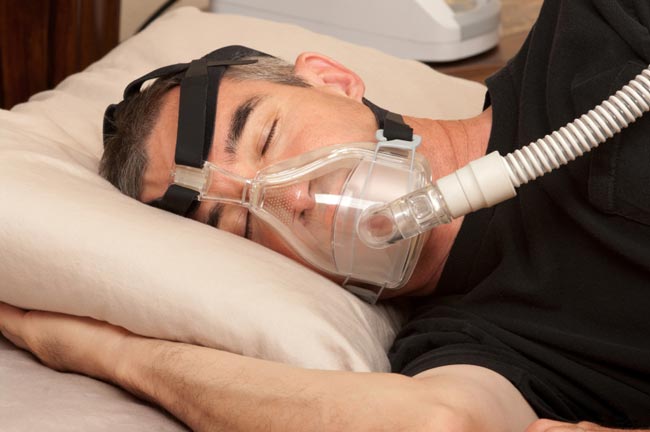Sleep Apnea Treatments
Happy Valley, OR
 Sleep apnea is a condition that affects your sleep. It causes you to stop breathing for several seconds (sometimes as long as 90 seconds!), during which time you wake up, even if you don’t realize it. Depending on the severity of your sleep apnea, you may wake up more than 30 times a night. This seriously disrupts your normal sleep cycles, often leaving you more tired in the morning than before you went to bed, and can lead to several other serious consequences. Treating sleep apnea can help you to get the sleep you need. Sleep apnea is a condition that affects your sleep. It causes you to stop breathing for several seconds (sometimes as long as 90 seconds!), during which time you wake up, even if you don’t realize it. Depending on the severity of your sleep apnea, you may wake up more than 30 times a night. This seriously disrupts your normal sleep cycles, often leaving you more tired in the morning than before you went to bed, and can lead to several other serious consequences. Treating sleep apnea can help you to get the sleep you need.
CPAP
Continuous positive airway pressure (CPAP) is one of the most commonly prescribed treatments for moderate to severe sleep apnea. It involves the use of a mask, which is designed to fit snugly over your nose. Pressurized air is sent continuously into your throat, which prevents your airway from closing. There are also BiPAP (bilevel positive airway pressure) machines, along with VPAP (variable positive airway pressure) machines.
Upper Airway Stimulation Therapy
Some patients do not respond well to CPAP machines. Upper airway stimulation (UAS) therapy can be used as an alternative for those with moderate to severe sleep apnea and works inside the body. The system consists of a generator and sensors and is controlled by a remote. It is designed to monitor your breathing at night. When it notes a lack breathing, it sends mild stimulation to the airway muscles, which helps to keep the airway open.
Weight Loss
Many patients who suffer from sleep apnea are overweight or obese. In some cases, losing weight can help individuals to decrease their apneic events, along with snoring. Weight loss is recommended for those who have obstructive sleep apnea (OSA), which can cause excess tissue in the mouth to block the airway.
Positional Therapy
Some sleep apnea patients only experience apneic events when they sleep on their back. Positional therapy is only effective in some cases of mild sleep apnea and snoring. It involves changing the way you sleep. Rather than sleeping on your back, you train yourself to sleep on your side, thus reducing the likelihood of apneic events.
Oral Appliance Therapy
Oral appliance therapy is designed for patients with mild to moderate sleep apnea. It involves the use of an oral device that is similar to a mouth guard. At Fusion Dental Specialists, we can custom create an oral appliance that will not only be comfortable but hold your jaw in proper alignment. This prevents your lower jaw from sliding back and causing your tongue, or other oral tissues, to block your throat.
Sleep Apnea Surgery
There are a few different surgeries that can be used for snoring and sleep apnea, but surgical procedures are often reserved as a last option when nothing else has proven effective. For adults, these surgeries may involve repositioning the jaw or removing excess tissue in the mouth.
There are also surgical procedures for children. Common causes of sleep apnea and snoring in children are enlarged tonsils or adenoids. In many of these cases, removal of either can result in improved sleep.
If you have been diagnosed with sleep apnea, seeking treatment will help to restore the quality of your sleep. At Fusion Dental Specialists, we are here to help. Call us today at (503) 653-2299 to find out how! |
